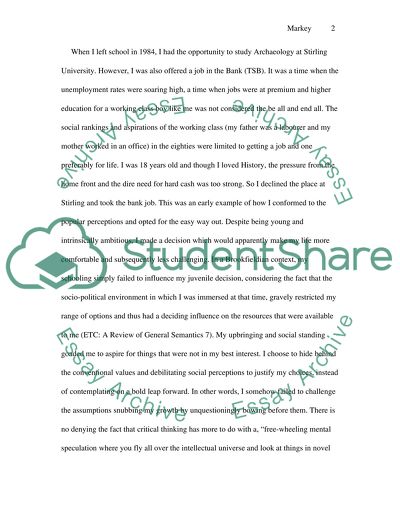Cite this document
(“Work Based Change Personal Statement Example | Topics and Well Written Essays - 1500 words”, n.d.)
Work Based Change Personal Statement Example | Topics and Well Written Essays - 1500 words. Retrieved from https://studentshare.org/sociology/1529716-work-based-change
Work Based Change Personal Statement Example | Topics and Well Written Essays - 1500 words. Retrieved from https://studentshare.org/sociology/1529716-work-based-change
(Work Based Change Personal Statement Example | Topics and Well Written Essays - 1500 Words)
Work Based Change Personal Statement Example | Topics and Well Written Essays - 1500 Words. https://studentshare.org/sociology/1529716-work-based-change.
Work Based Change Personal Statement Example | Topics and Well Written Essays - 1500 Words. https://studentshare.org/sociology/1529716-work-based-change.
“Work Based Change Personal Statement Example | Topics and Well Written Essays - 1500 Words”, n.d. https://studentshare.org/sociology/1529716-work-based-change.


